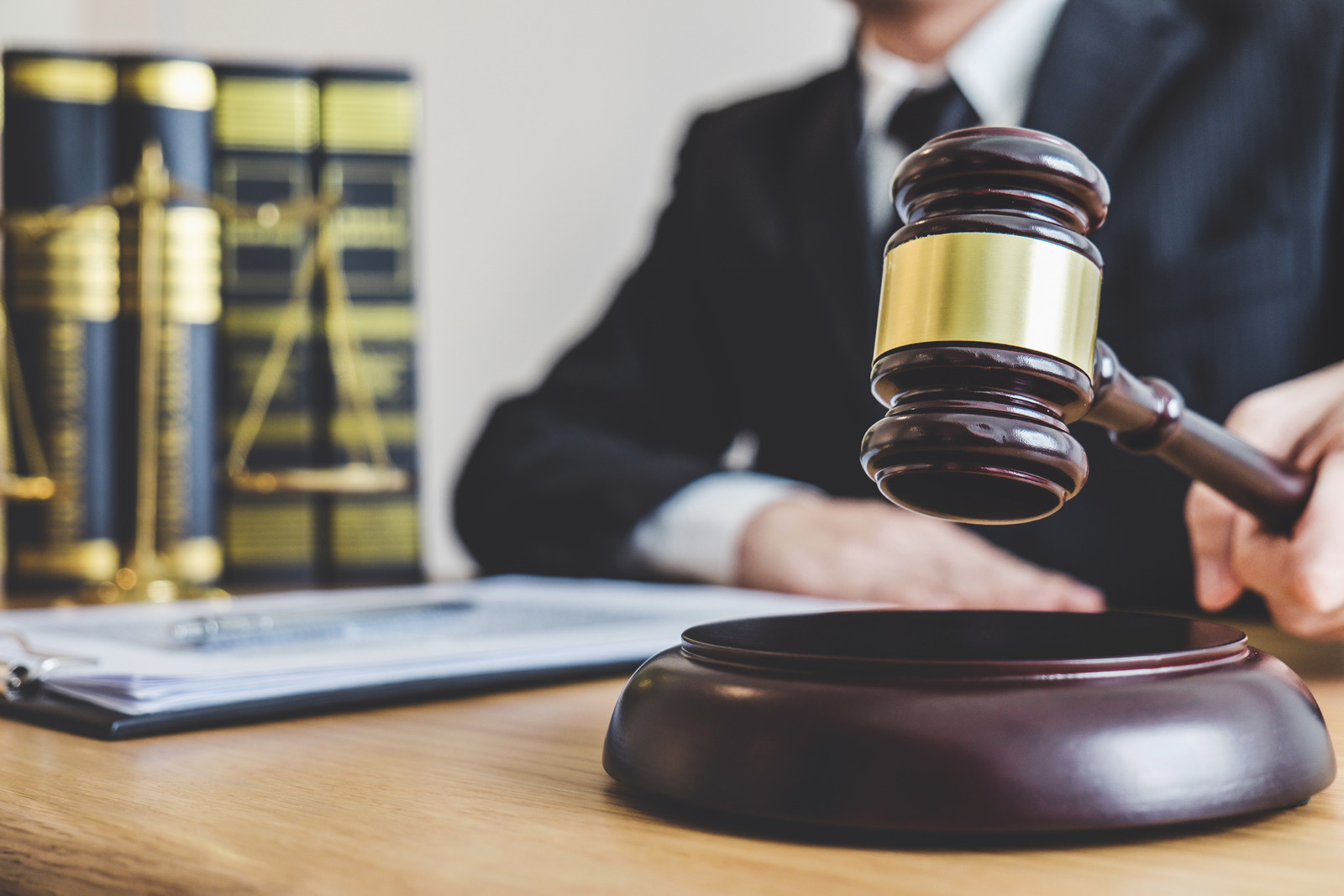The Most Common Lawsuits Made Against Businesses
Getting sued isn’t fun. Not only can it cost your business a lot of money, but it could possibly even lead to negative publicity. Many lawsuits can be prevented or protected against so that the damage isn’t so severe. Below are five of the most common lawsuits and how to protect your business against them.
Personal injuries
A personal injury includes any kind of physical or mental damage. Both customers and employees can make personal injury claims. Some of the most common personal injury accidents include slips and falls, road accidents, lifting accidents and trauma from falling objects.
Certain industries are more likely to carry risks and in these industries it is important that stringent health and safety measures are taken. For instance, construction safety is very important and it’s worth investing money into high quality PPE, as well as providing rails and harnesses. That said, even workplaces like offices have their hazards such as trailing cables and office chairs with poor ergonomics.
Breach of contract
Breach of contract occurs when a business fails to deliver on their promises. This could include failing to complete a project for a client by a set date or failing to provide an employee with benefits that were promised when hiring.
Usually a contract will be in writing – this can include employee contracts and client contracts. Always be careful about what you promise and aim to deliver whatever you promise in writing. The wording of contracts can sometimes be misconstrued and used against employers – hiring a professional legal writer to write your contracts could prevent this.
Discrimination
Discrimination occurs when an employer or staff member unfairly treats another employee or customer based on their age, race, gender or a disability. This could include not allowing an employee to wear a religious item of clothing or offering different pay to male and female employees.
It is important that employers create an inclusive environment in which everyone is catered to and treated equally. Think carefully about what you say and do, and avoid personal bias. You should also take disciplinary action against employees that display discriminatory behaviour – if an employee discriminates against a customer, you could be liable.
Harassment
Any behaviour towards an employee or client that could be seen as offensive, humiliating or intimidating could be viewed as harassment.
It is important to always be calm and understanding when in a professional role – even if a customer or employee is deliberately pushing your buttons. Any aggressive behaviour could be viewed as harassment if you’re not careful. As with discrimination, make sure to also keep your employees in check, as you could be liable for their beahviour too.
Intellectual property rights
Lawsuits involving intellectual property are also common. This could include another company stealing your brand name, using photographs taken by you without permission or copying written content published online.
Trademarking and copyrighting material can help to protect you in these instances. You should also be careful not to take ideas from other companies – this could include copying online content from others or using a brand name that already exists (doing research beforehand can prevent you accidentally doing this).

